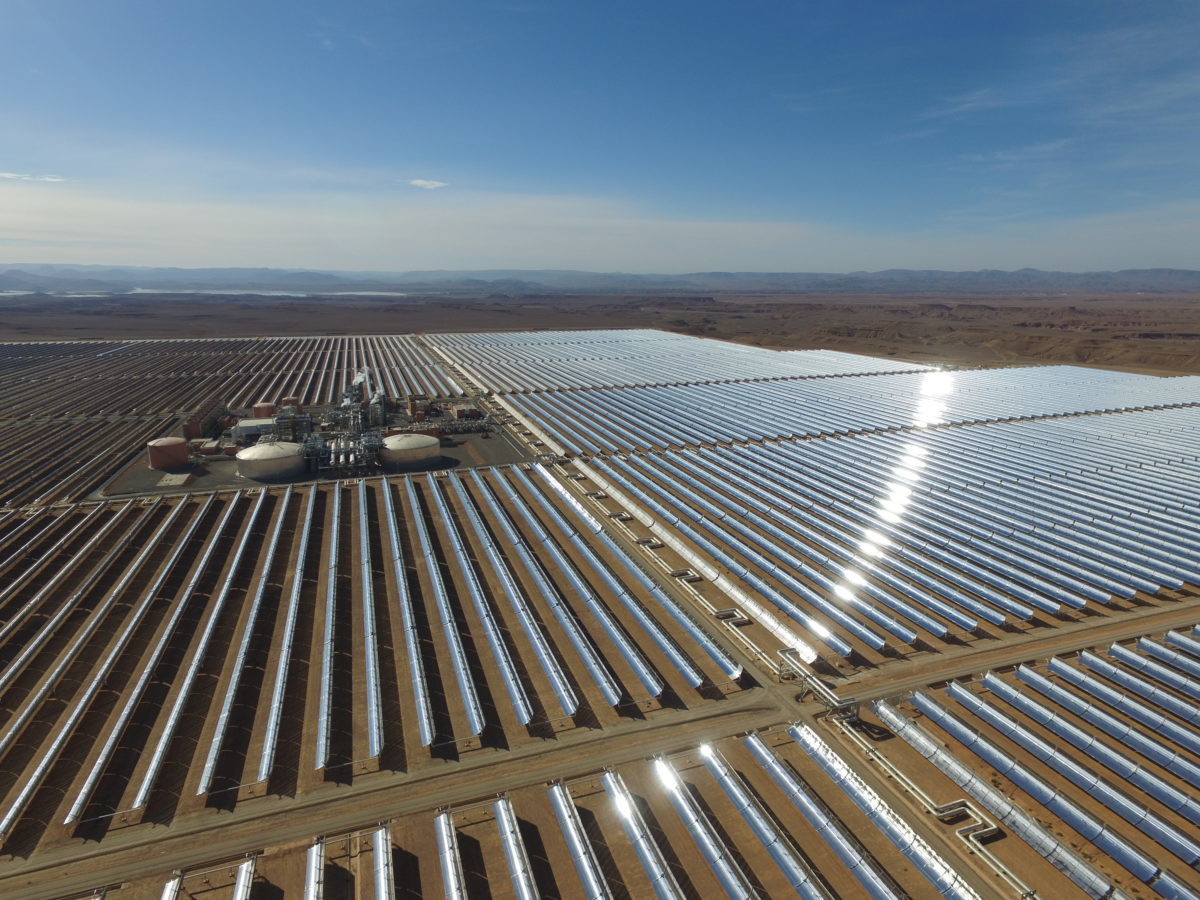The disruption in the fossil fuel market due to geopolitical tensions hastened the energy transition agenda of Morocco and Germany which now see new opportunities in fostering energy cooperation, notably in terms of green hydrogen and renewables.
At a press conference in Rabat, both foreign ministers of Germany and Morocco attached priority to energy cooperation as they open a new chapter in bilateral ties, following Berlin’s support for the autonomy plan as a basis to settle the Sahara dispute.
The two countries have signed a deal to cooperate to produce green hydrogen in 2020. But the quest is yet to be materialized through concrete projects.
Germany is intent on reducing its dependence on fossil fuels in the wake of the Russia-Ukraine war, looking particularly to green hydrogen.
German companies have also partnered with Morocco to set up the world’s largest CSP plant in Ouarzazate and the potential for cooperation in green hydrogen is yet to be unlocked.
Morocco was cited as one of the four countries in the world with a significant potential to become exporters of green hydrogen, the international renewable energy agency IRENA said in a report in January.
Morocco has already announced a national plan to increase the share of renewable energy in overall energy consumption with a potential to supply 4% of global demand on clean hydrogen.
In a recent report, IRENA experts believe “Australia, Chile, Morocco, Saudi Arabia and the United States are best placed to emerge as major clean hydrogen producers by 2050”
The IRENA report highlighted Morocco’s potential to produce competitive green hydrogen thanks to its ability to generate cheap renewable electricity.
“Countries such as Chile, Morocco, and Namibia are net energy importers today, they are set to emerge as green hydrogen exporters,” the IRENA said.
By 2030, Morocco plans a local hydrogen market of 4 terawatt hours (TWh) and an export market of 10 TWh, which, taken together, would require the construction of 6 GW of new renewable capacity and support the creation of more than 15 000 direct and indirect jobs (MEM, 2021), the report said.



